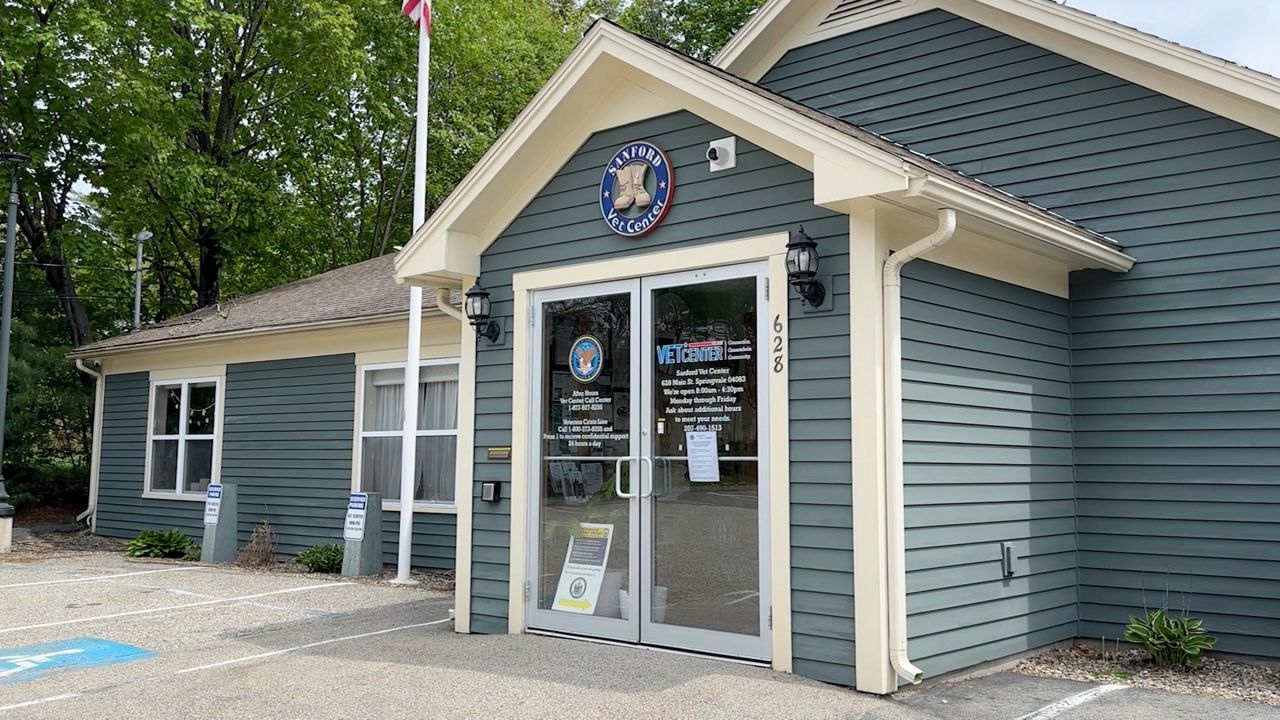AUGUSTA — The American Cancer Society will push for a $2 per pack increase in the cigarette tax when the Legislature reconvenes, along with a renewed effort to require insurance carriers to cover specialized cancer testing.
Julia MacDonald, government relations director for the American Cancer Society Cancer Action Network, said this week that Maine hasn’t raised the cigarette tax in 20 years.
“What we do know is raising the tobacco tax is one of the most effective ways to reduce the health burden of smoking, both by reducing health care costs and also by increasing the quit rate,” she said. “It’s also one of the most effective ways to prevent children from smoking.”
The per pack cost of cigarettes ranges from $8.75 to $15, according to prices posted at an Augusta-area convenience store.
States decide their own tax rates for cigarettes, with the current national average coming in at $1.93 per pack, according to the American Lung Association.
Maine currently adds a $2 per pack tax, with Connecticut at $4.35, Massachusetts at $3.51, New Hampshire at $1.78, Rhode Island at $4.25 and Vermont at $3.08, according to the lung association.
MacDonald said the extra revenue that would be generated by a cigarette tax increase in Maine is about $48 million a year and they will advocate for increases on vaping pens and other tobacco products. In total, the new revenue could be nearly $100 million a year, she said.
Right now, that money is not earmarked for a specific purpose, but MacDonald noted that the state is expecting a budget shortfall. From the cancer society’s perspective, the tax increase is aimed at reducing smoking rates.
“We have a significantly higher smoking rate than any other New England state,” she said. “That’s something that’s pretty significant and should be addressed.”
Maine’s adult smoking rate is 15%, according to the lung association, with Vermont next at 13%, followed by Rhode Island at 11.8% and New Hampshire at 11.2%. Massachusetts comes in at 10.4% and Connecticut is lowest at 10%.
When it comes to the specialized cancer testing, the cancer society came close to getting something passed in 2024, but the bill was one of 35 that Gov. Janet Mills refused to sign because Democrats voted on it on a day not designated for bill enactments.
The legislation seeks to require insurance companies to cover the cost of biomarker testing, which helps identify genes and proteins in cancer patients to see if different types of treatment may be beneficial.
The testing can cost up to $20,000 and 20 other states require insurance companies to pick up to cost, according to the cancer society.
But the bill is opposed by the Maine Association of Health Plans, which represents Anthem, Cigna, CVS/Aetna, Community Health Options, Harvard Pilgrim and United Health Care.
Those companies cover about 600,000 people in Maine and the group told lawmakers last year that biomarker testing is not a federally approved essential health benefit, so a state mandate will result in higher costs for premium payers in Maine.
MacDonald said the tests can help save money by more precisely targeting therapies that are more likely to work.
“It can see what the right treatment is for the person before trying another treatment,” she said. “So, while it may raise premiums a very small amount, over time it would have significant cost savings.”











